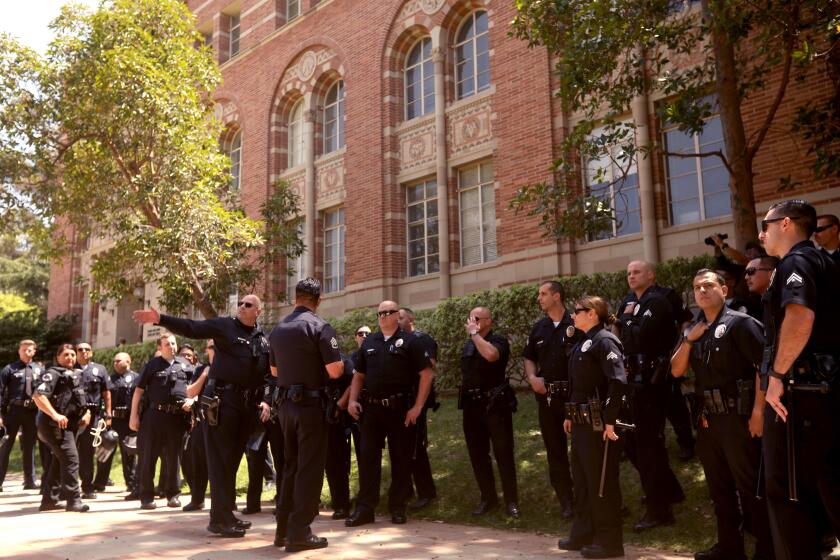Ballot measure could nip pot growing
Back in 2000, Mendocino County became an epicenter of the marijuana movement after county voters legalized 25-plant cannabis gardens. High Times magazine, the bible of cannabis culture, celebrated the victory on its front page.
But now a backlash is underway in this liberal corner of California.
A measure on Tuesday’s ballot seeks to repeal the 2000 decision, which went beyond California’s medical marijuana law by legalizing cultivation even by recreational users.
Backers of Measure B say it’s needed to reverse a trend that has brought unwanted crime, environmental trouble and cultural change.
Ross Liberty, a Measure B backer, talks of blocks with so many backyard gardens that the harvest would yield $1 million worth of pot. They are, he maintains, nothing short of a magnet for theft and home-invasion robberies.
Big gardens can ruin the backwoods, where streams have been diverted to irrigate robust gardens and diesel fuel has leaked from flimsy tanks.
In town, the culture is far different from when Liberty was growing up here in the 1970s. Today, young entrepreneurs depend on weed to support a slacker lifestyle, “hanging around the house until noon in their slippers, making 150K a year, not paying taxes,” he said. “It’s nouveau welfare. Everyone is dependent on the marijuana economy.”
Laura Hamburg, leader of the push against Measure B, says Liberty and the measure’s other supporters are aiming at the wrong target.
The measure would open the door for law enforcement to crack down on small-scale growers -- most of them card-carrying medical marijuana patients -- while avoiding the tougher task of busting the massive backwoods gardens that have imported an unwanted criminal element, she contends.
But those big gardens are tough to find and tougher to eradicate. When drug agents show up, the tenders flee.
In contrast, a backyard garden or indoor operation is easy pickings. And those sorts of busts are increasing, along with the amount of property being seized.
In 2005, Mendocino County collected about $100,000 in seized assets from marijuana farmers.
Last year, the total was $1.6 million, Hamburg said.
She says the county should accept its unusual cultural and climatic conditions and embrace its marijuana economy -- a $1.6-billion-a-year industry by some estimates.
Hamburg wants to see the county become a new model for how to tax and regulate pot gardens.
“Does it make sense to pretend this giant economy doesn’t exist?” she asked, adding: “You can’t put the toothpaste back in the tube.”
--
More to Read
Start your day right
Sign up for Essential California for news, features and recommendations from the L.A. Times and beyond in your inbox six days a week.
You may occasionally receive promotional content from the Los Angeles Times.






